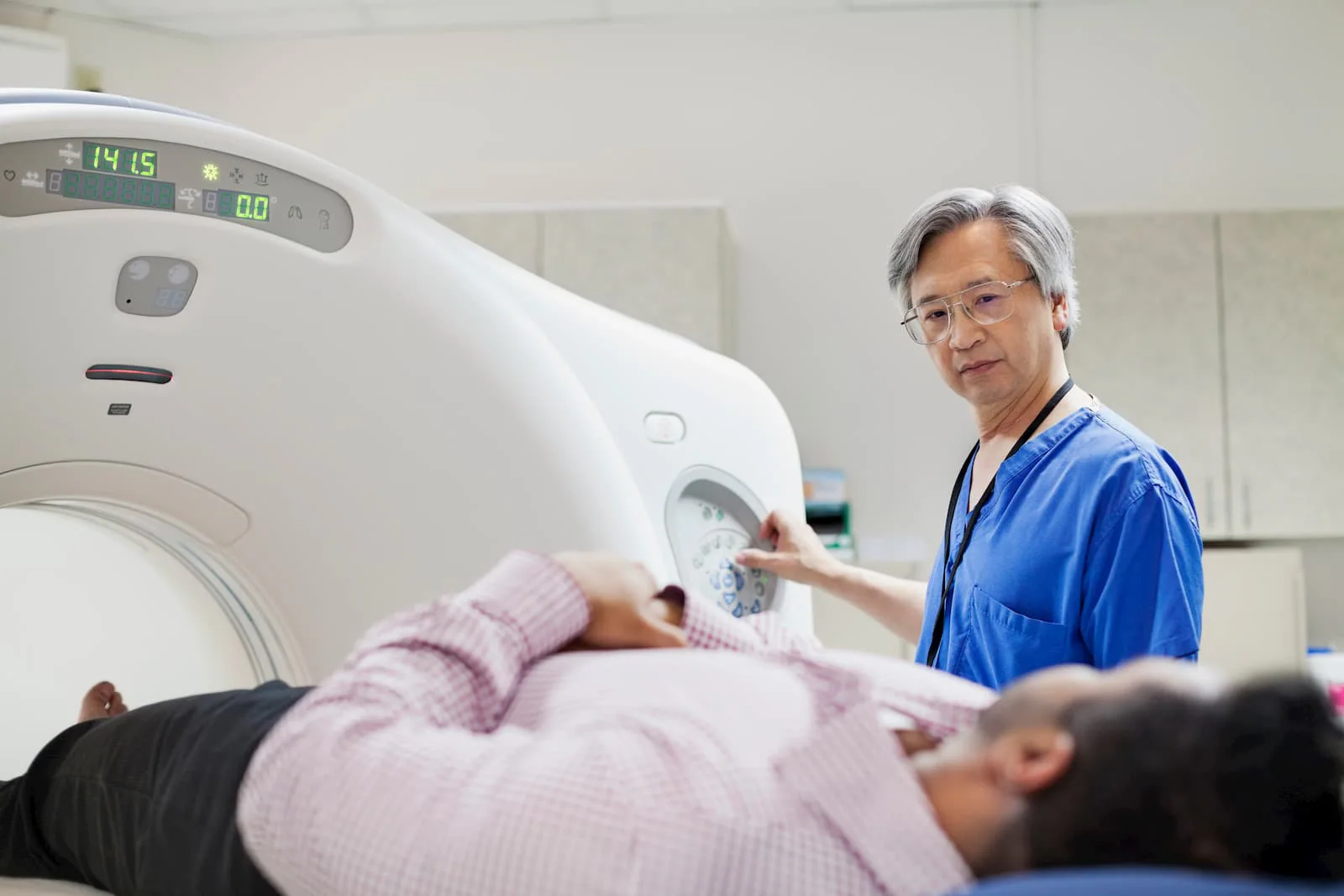The Future of Health: Innovation, Prevention, and Holistic Well-Being
Health has always been at the center of human survival and progress. From ancient herbal remedies to modern medicine powered by artificial intelligence, the ways in which we care for our bodies and minds have evolved dramatically. Today, health is no longer defined solely as the absence of disease but as a state of complete physical, mental, and social well-being. With technology, research, and awareness advancing at a rapid pace, the future of health promises to be more personalized, preventative, and holistic.
This article explores the changing landscape of health, the role of modern innovations, and the importance of integrating wellness into daily life.
A Shift from Treatment to Prevention
For centuries, medicine primarily focused on treating illness after it appeared. While this approach saved countless lives, it often came at a high cost—financially, physically, and emotionally. In recent years, there has been a major shift toward preventive healthcare, which emphasizes early detection, healthy lifestyles, and reducing risk factors.
Preventive medicine includes:
-
Regular screenings such as blood pressure, cholesterol, and cancer tests.
-
Vaccinations that help eliminate or control infectious diseases.
-
Nutrition education that highlights the role of diet in preventing obesity, diabetes, and cardiovascular conditions.
-
Lifestyle changes like regular exercise, stress management, and avoiding tobacco or excessive alcohol.
By addressing health issues before they become severe, prevention reduces hospitalizations, lowers healthcare costs, and improves overall quality of life.
Technology’s Role in Modern Health
The digital revolution has completely transformed healthcare. Technology is not only helping doctors treat patients more effectively but also empowering individuals to take charge of their own health.
-
Wearable Devices
Smartwatches and fitness trackers can now monitor heart rate, sleep cycles, calorie burn, and even detect irregular heart rhythms. These devices allow people to make data-driven choices about their lifestyle. -
Telemedicine
The COVID-19 pandemic accelerated the adoption of telehealth, enabling patients to consult with doctors from home. This is especially valuable for people in rural areas or those with mobility challenges. -
Artificial Intelligence (AI)
AI is being used to analyze medical images, predict disease outbreaks, and personalize treatment plans. For example, AI can detect early signs of cancer in radiology scans faster than the human eye. -
Genomics and Personalized Medicine
Advances in genetic testing allow individuals to understand their predispositions to certain diseases. Doctors can tailor medications and treatments based on a person’s unique genetic makeup, maximizing effectiveness while minimizing side effects. -
Robotics and Surgery
Robotic-assisted surgeries are becoming more common, offering greater precision and reducing recovery times.

Mental Health: A Rising Priority
For decades, mental health was stigmatized and often ignored. Today, it is finally receiving the recognition it deserves. Conditions such as anxiety, depression, and burnout are widespread, affecting millions globally. The World Health Organization estimates that one in four people will experience a mental health condition in their lifetime.
Several trends are shaping the way society addresses mental health:
-
Workplace wellness programs that provide counseling, meditation, and stress management.
-
Teletherapy platforms that allow access to licensed therapists online.
-
Mindfulness and meditation apps that help individuals cope with daily stress.
-
Open conversations led by athletes, celebrities, and public figures who share their struggles to reduce stigma.
Mental health is no longer considered separate from physical health. Instead, holistic well-being acknowledges that body and mind are deeply interconnected.
Nutrition and Lifestyle: The Foundation of Good Health
The saying “you are what you eat” has never been more relevant. Nutrition science continues to show that diet plays a pivotal role in long-term health outcomes. Poor diets high in processed foods, sugar, and saturated fats contribute to obesity, diabetes, heart disease, and certain cancers.
In contrast, diets rich in whole grains, fruits, vegetables, lean proteins, and healthy fats support overall wellness. Popular dietary approaches such as the Mediterranean diet and plant-based eating are linked to reduced risks of chronic disease and improved longevity.
Equally important is physical activity. Regular exercise strengthens the heart, improves mental health, enhances sleep, and helps maintain a healthy weight. The World Health Organization recommends at least 150 minutes of moderate exercise per week for adults.
Lifestyle also includes sleep and stress management, two often-overlooked pillars of health. Chronic sleep deprivation increases the risk of obesity, diabetes, and depression, while unmanaged stress weakens the immune system and accelerates aging.
Global Health Challenges
While advancements are exciting, the world still faces significant health challenges.
-
Non-Communicable Diseases (NCDs): Conditions like heart disease, diabetes, and cancer are now the leading causes of death worldwide, often linked to lifestyle factors.
-
Infectious Diseases: Despite vaccines, outbreaks like COVID-19 remind us that global health security remains fragile.
-
Health Inequality: Access to healthcare varies dramatically between countries and even within communities. Millions lack access to basic services, clean water, or nutritious food.
-
Aging Populations: As life expectancy increases, societies must find ways to care for older adults while promoting healthy aging.
Addressing these challenges requires global cooperation, education, and sustainable health systems.
Holistic Approaches to Health
A growing movement emphasizes holistic health—caring for the mind, body, and spirit rather than treating symptoms in isolation. Practices such as yoga, acupuncture, meditation, and mindfulness are becoming mainstream complements to conventional medicine.
Holistic health promotes balance, resilience, and self-awareness. For example, yoga not only improves flexibility and strength but also reduces stress. Meditation can rewire the brain to handle challenges more calmly. These approaches highlight that health is not just about curing disease but about cultivating overall vitality.
The Future of Health
Looking ahead, the healthcare industry will continue to transform. Key trends likely to shape the future include:
-
Digital Health Integration: Health apps, wearable devices, and electronic records will become interconnected, allowing for real-time health monitoring.
-
Precision Medicine: Treatments will be increasingly personalized based on genetics, environment, and lifestyle.
-
Sustainable Healthcare: Hospitals and systems will adopt eco-friendly practices to reduce their environmental footprint.
-
Global Health Collaboration: Governments and organizations will work together to combat pandemics, climate-related health risks, and inequality.
-
Empowered Patients: Individuals will play a larger role in managing their health, with knowledge and tools at their fingertips.

Conclusion
Health is evolving into a more dynamic, inclusive, and forward-looking field. The focus is shifting from treating illness to preventing it, from isolated care to holistic well-being, and from generic medicine to personalized solutions. Mental health, nutrition, lifestyle, and technology are all integral pieces of this puzzle.
The future of health is not just in the hands of doctors and scientists—it also depends on individuals making conscious choices every day. Whether it’s eating a balanced meal, staying active, practicing mindfulness, or going for a regular check-up, small steps accumulate into lifelong wellness.
In the end, health is both a personal responsibility and a collective mission. By embracing innovation, prevention, and holistic care, humanity can move toward a future where well-being is accessible to all.







